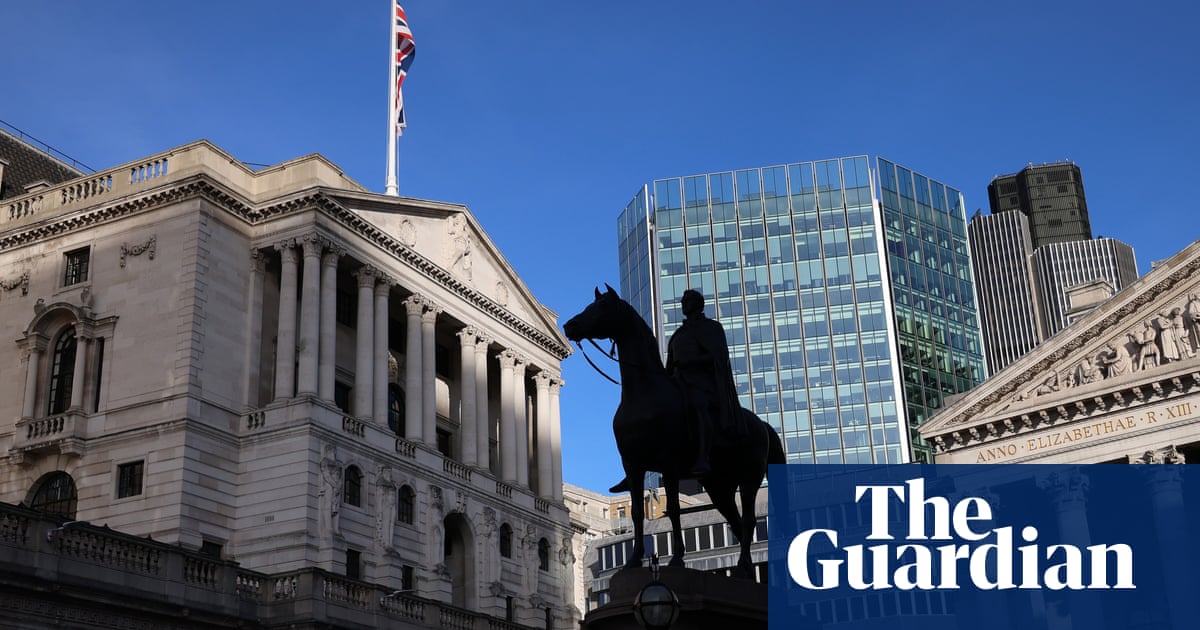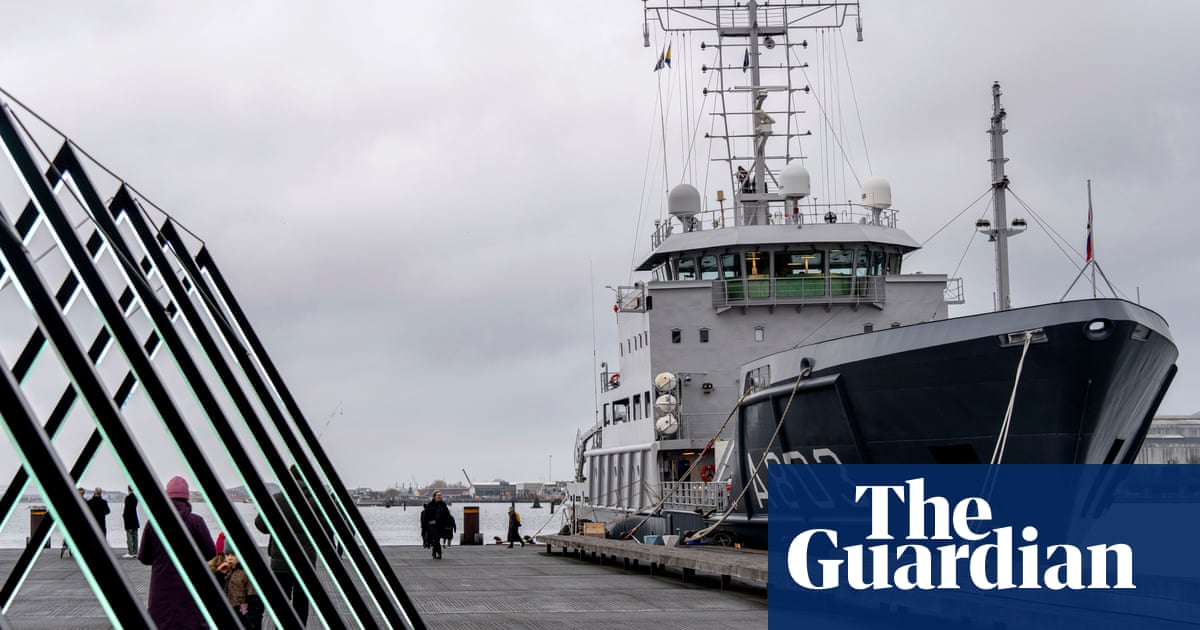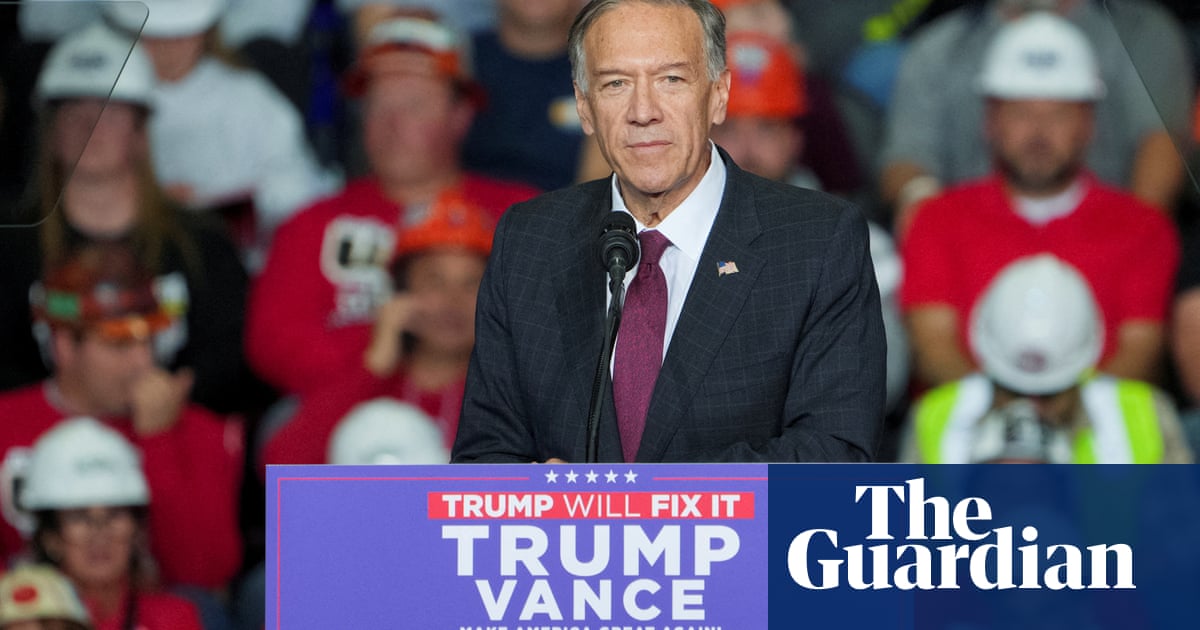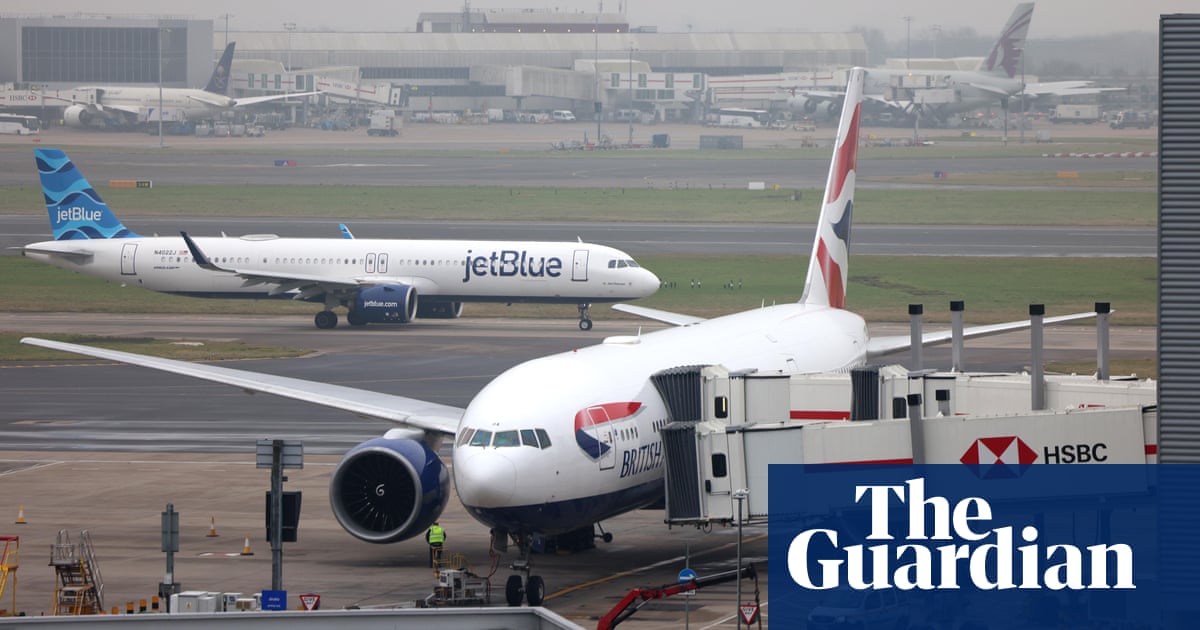As the first flight touched down on the fresh tarmac at Gwadar, it was hailed by Pakistan’s government as a step towards “progress and prosperity”. The newly opened airport – now the largest in the country – built in Pakistan’s troubled Balochistan province was “a symbol of the cooperation between Pakistan and China”, according to defence minister Khawaja Muhammad Asif.
Yet the optics of the event told another story. As it unfolded on 20 January, the surrounding city of Gwadar was put under a draconian security lockdown. And while several senior Pakistan government and military figures were present, their Chinese government counterparts were noticeably absent – even though it was China footing the $230m bill for the airport.
Gwadar, with its Chinese-sponsored airport, deepwater port and proposed economic zone, has been touted as a jewel in the crown of the China-Pakistan economic corridor (CPEC), under which China pledged to build around $62bn of infrastructure “megaprojects” spanning airports, highways, railways, ports and power plants for cash-strapped Pakistan. CPEC began in 2015 as a flagship project of China’s belt and road initiative, which aims to give China access and influence over trade routes in Asia and Africa.
But after a turbulent decade, questions are being raised about CPEC’s future. In Pakistan’s impoverished region of Balochistan, where the Chinese have constructed the airport and taken control of the deepwater port, it has provoked a full-blown security crisis, stirring up tensions between the two countries.
Starkly unfulfilled promises that Gwadar would be transformed into “Pakistan’s Dubai” have led to potent anger towards China among locals, who accuse it of turning the city into something akin to a high security prison, with high fencing, segregated areas for Chinese workers, security checkpoints, and heavy police and military presence on the streets.
Among the projects in Gwadar that have been met with local distaste is a donkey slaughtering factory – not yet operational – where up to a million donkeys imported from Africa are to be killed to harvest products, including an ingredient used in traditional Chinese medicine.
Access to the sea has also become restricted around Gwadar’s deepwater port, which sends 90% of its profits to its Chinese operator. Local fishers say they can barely survive because they are no longer allowed to freely sail, and have had their boats raided by security forces while out fishing.
“We have lost the entire sea,” said 70-year-old fisher Dad Karim. “When we go fishing, it feels like we are going there as thieves and hiding ourselves. The sea or ocean does not belong to the fishermen any more – it belongs to the Chinese.”
CPEC has made enemies of many terrorist organisations in Pakistan, including the Islamic State and the Pakistan Taliban. The regional separatist militant group Balochistan Liberation Army (BLA) has accused China of exploiting the area’s resources and embarked on a violent campaign to halt CPEC that continues to escalate. In October, the BLA was behind a terrorist attack near Karachi airport which killed two Chinese nationals and, prior to that, carried out several suicide bombings and shootings that left both Chinese and Pakistanis dead.
The security of Chinese workers has become such a severe stumbling block for CPEC that Chinese officials said Phase II of the project still had not begun, and that some of the 26 projects still in the pipeline may be scaled back from original ambitions. China has pulled out swathes of its workforce from Pakistan, and any arrival of Chinese personnel into Gwadar now prompts a military-grade security shutdown.
In an interview in Islamabad, Wang Shengjie, China’s political secretary to Pakistan, voiced unusually candid criticism of Pakistan over the threats facing CPEC and expressed “serious concerns” over the future of China’s multibillion-dollar investment in the country.
“If the security is not improved, who would come and work in this environment? There is hatred against the Chinese in Gwadar and Balochistan,” he said. “Some evil forces are against the CPEC, and they want to sabotage it.”

Analysts put some of CPEC’s biggest economic and security failures at the door of Pakistan, where policymakers had pushed the Chinese for projects that made little economic sense and did not do the necessary accompanying infrastructure upgrades, meaning citizens have struggled to see the benefits of Chinese investment in power and water.
Shengjie accused the Pakistani government of using “false rhetoric” around CPEC projects, which had given unrealistic expectations to locals. “We don’t work in rhetoric like Pakistan – we just focus on development,” he said. “If this kind of security situation persists, it will hamper development.”
There are also longstanding concerns over whether China’s true motives behind its investments are more militarily strategic than economic. Many have questioned why Gwadar – a city of about 150,000 people who mostly live below the poverty line – would need Pakistan’s largest airport. Locally, people haven taken to referring to it as a commercial “white elephant”. The deepwater port, too, has proved to have little commercial worth since China took control of it, with data showing that a negligible number of commercial ships offloaded in the port in the past five years, most only in transit on the way to Afghanistan. It is currently operating at a loss, according to one Gwadar official.
Several Pakistani officials in Gwadar working on CPEC told the Observer their experience led them to believe the projects were not purely commercial endeavours for the Chinese. Instead it was widely felt that China ultimately intended to use the deepwater port as a strategic military base for its navy and the airport as a resource for its military.
Pakistani officials working with the Chinese at the highest level, who requested anonymity, confirmed it was an “old demand from China” that China’s People’s Liberation Army (PLA) forces could be brought into Pakistan to guard Chinese workers against attacks, and for Chinese navy ships and submarines to have access to Gwadar port.
“China wants to have the presence of PLA troops to protect their workers on projects related to CPEC. Moreover, they want to have Gwadar port for their navy. Gwadar airport is linked to this demand as well,” said one senior official.
after newsletter promotion
The sources confirmed that Beijing had recently mounted pressure on these strategic demands as the security situation in Pakistan became even more precarious and China had become “frustrated” at CPEC delays.
They alleged that Beijing had tried to push Pakistan into a corner with threats not to roll over loan payments or withhold future CPEC investments if this did not happen. This would be a significant blow to Pakistan, which continues to grapple with a crippling economic crisis and has few other sources of foreign currency and investment.
China’s alleged ambitions to use CPEC projects for strategic military purposes is a longstanding anxiety for both India and the US, which view China as a direct security threat. Washington in particular has expressed concern that Chinese investments in Pakistan “may be used for coercive leverage”.
According to those directly aware of the matter, it was US pressure behind the scenes that ensured certain deals with China, such as a large Chinese state power company buying a majority share in Pakistani power company K-Electric, did not go through.
Pakistan still appears to struggle to balance its deep reliance on China for CPEC and its desire to maintain a relationship with the US. In a move thought sure to infuriate Beijing, during a trip to the US last week to curry favour with the Donald Trump administration, the interior minister, Mohsin Naqvi, met with a US lobby group known for its anti-China stance.
Uzair Younus, principal at the Asia Group, said that Pakistan would “not want to go down the path of Chinese military presence unless they’re left with absolutely no choice”.
“Pakistan is mindful of the potential implications of this, particularly in making their relationship with the US much more adversarial,” he said. “But if China is really pushing for a military base, it’s not a zero possibility that it will happen in the future.”
Both military and government figures denied that any agreement had been made to allow for CPEC to be used for Chinese military strategic purposes. Ahsan Iqbal, minister for planning and development, denied any such notion had been discussed. He said that a recent joint security agreement struck between Pakistan and China was solely about coordination and intelligence sharing and would not mean Chinese military boots on the ground. “I have not heard of any Chinese request to bring their own security or PLA in Pakistan. No such request is on the table. There won’t be any Chinese security forces coming to Pakistan,” said Iqbal.
Nonetheless, the Pakistan government, led by prime minister Shehbaz Sharif, is currently considered to be in a highly vulnerable position in its negotiations with China. Sharif gained little from his visit to China last year, and Pakistan’s request for an additional $17bn of Chinese energy and infrastructure projects was met with a lukewarm response in Beijing.
But Asfandyar Mir, a senior expert in the South Asia programme at the United States Institute of Peace, said that while China may have scaled back its CPEC ambitions, there was little question of it withdrawing entirely from Pakistan, which remains vital to its geopolitical strategy.
“The Chinese now have this huge stake in Pakistan,” said Mir. “They can’t afford for it not to work out.”

.png) 1 day ago
3
1 day ago
3













































